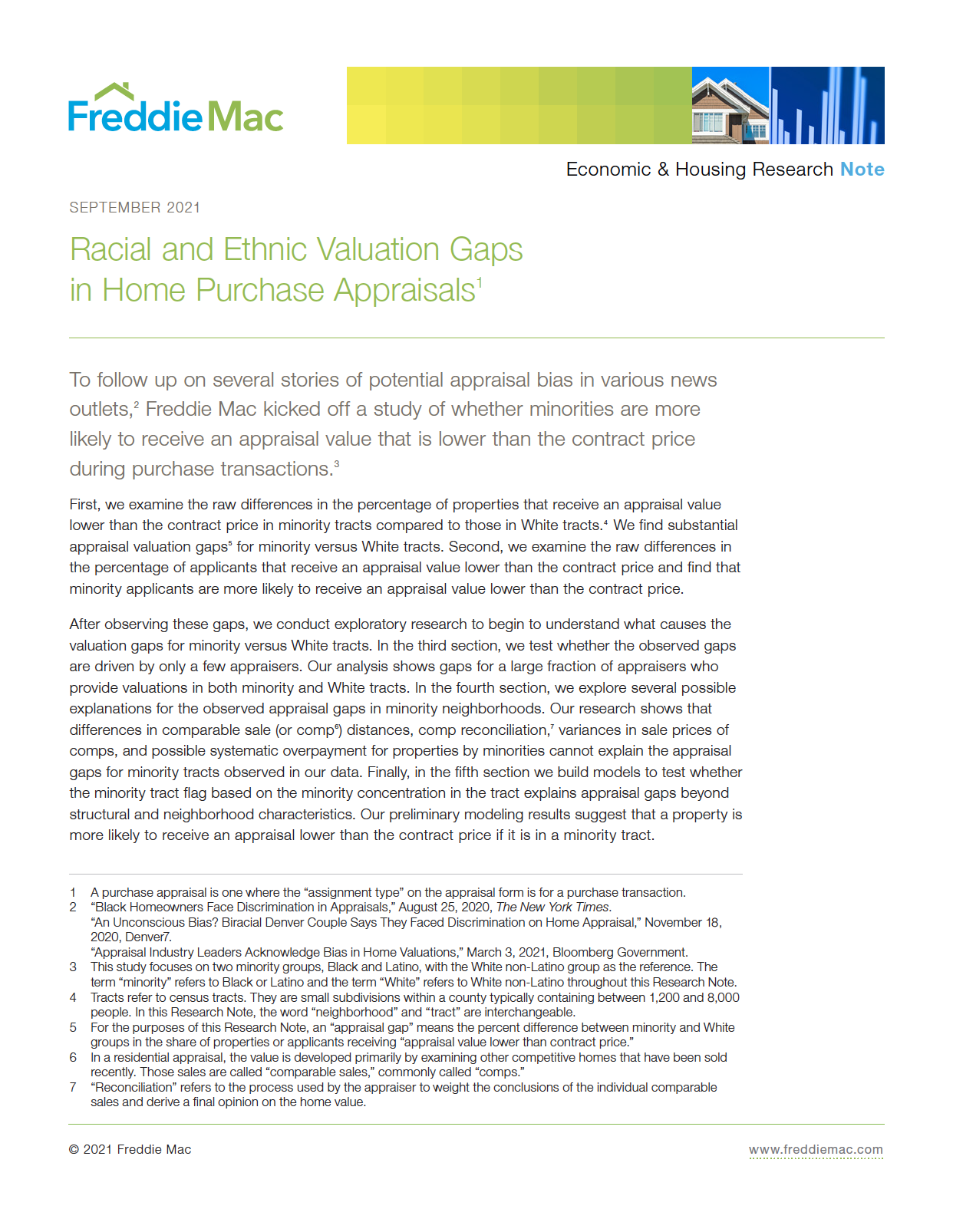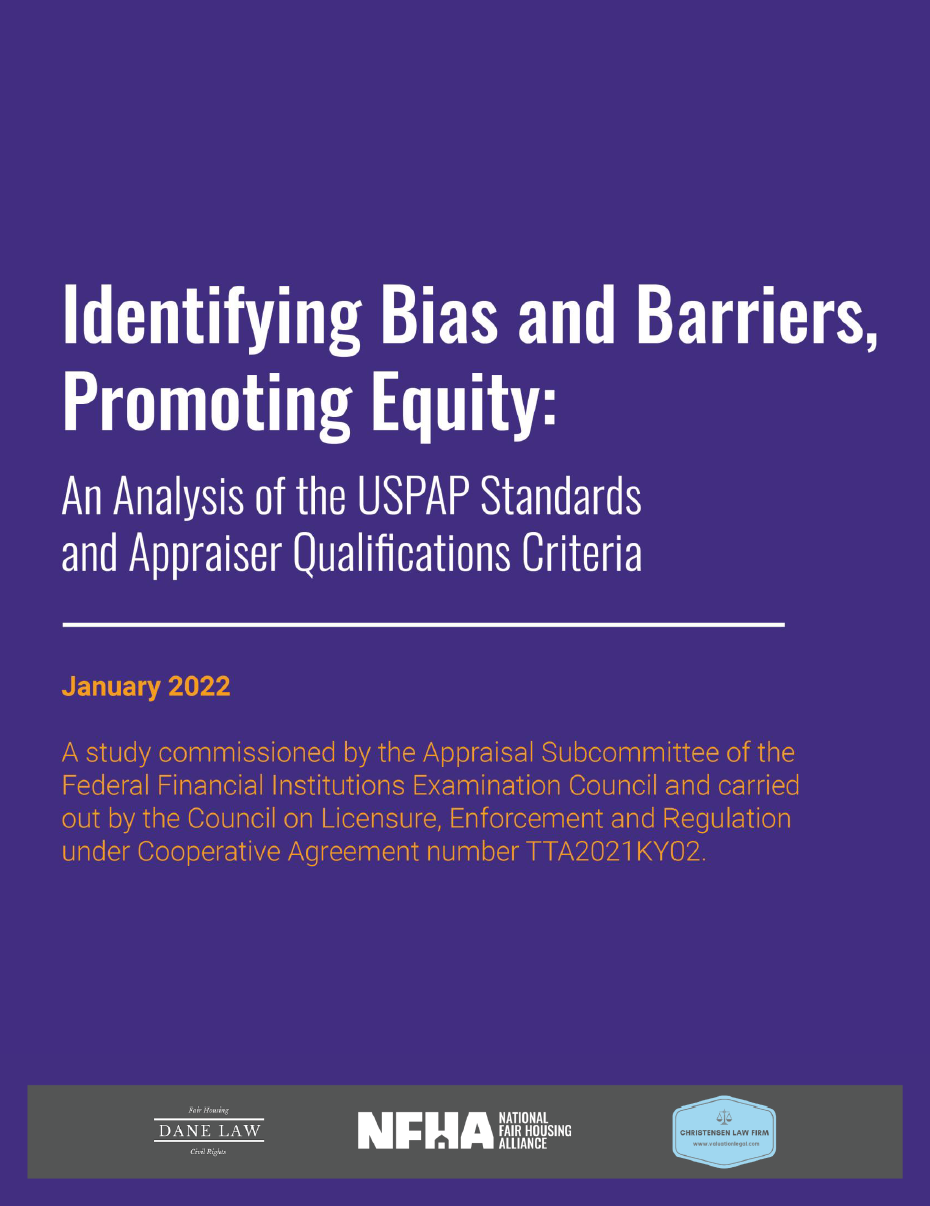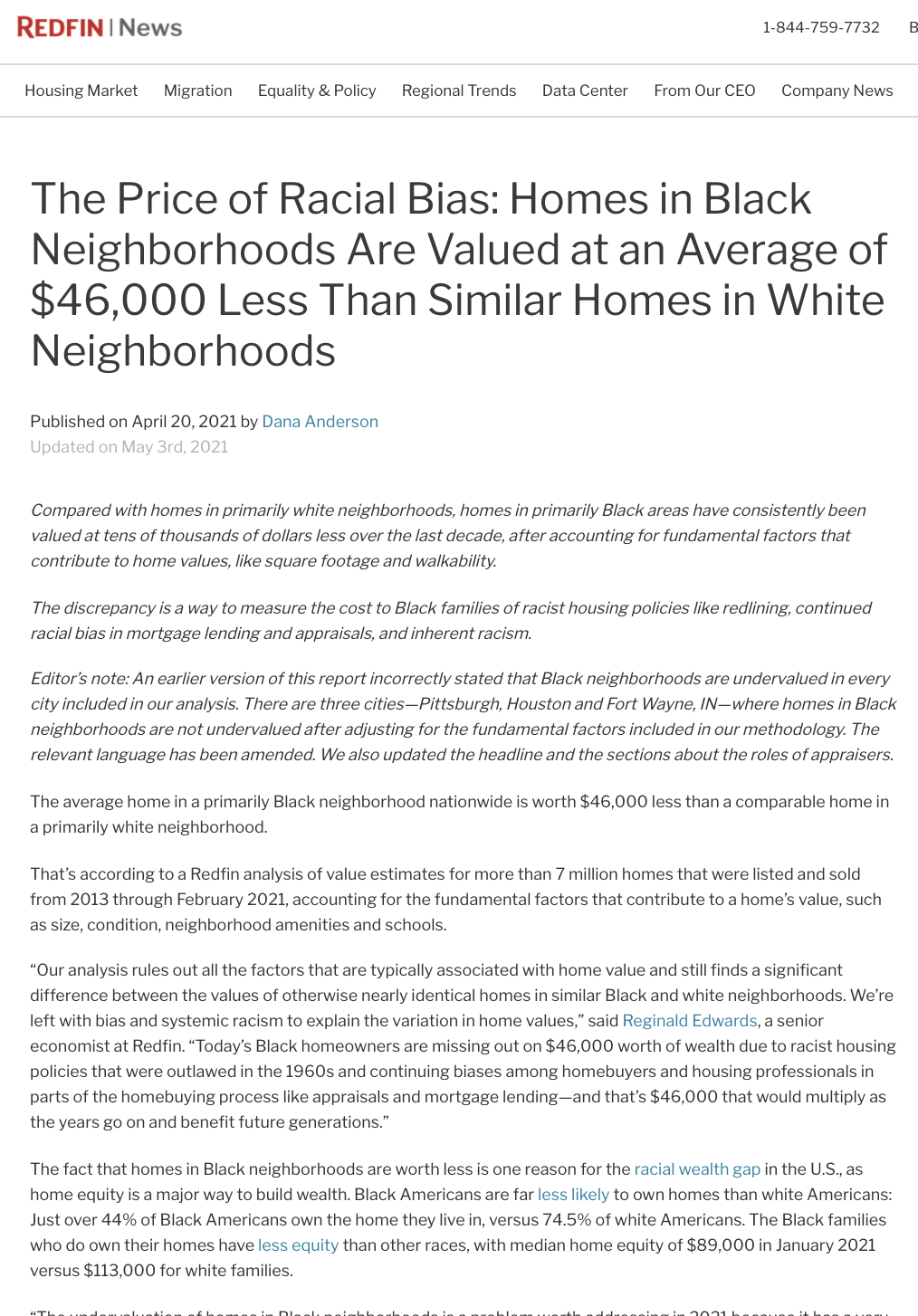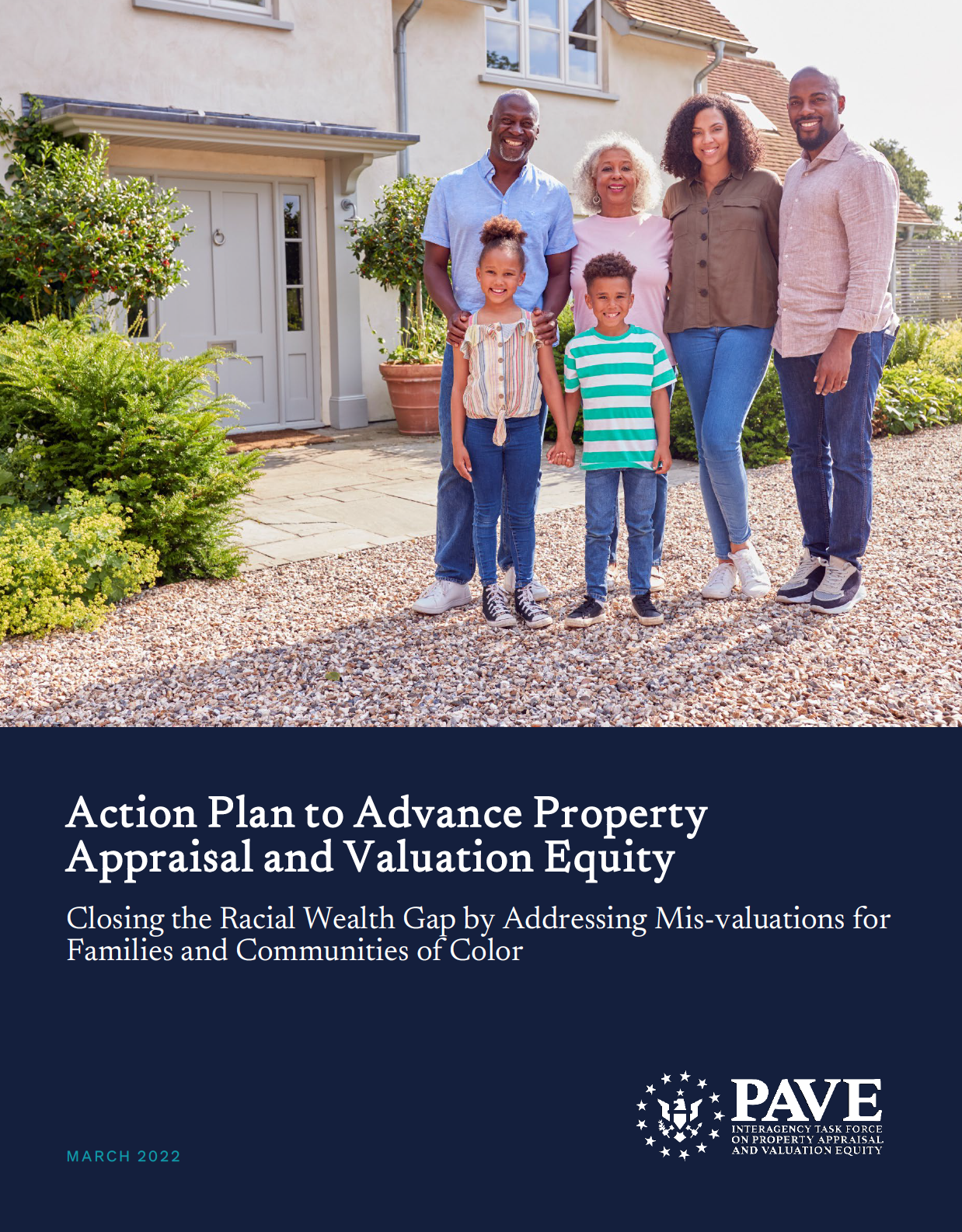
Its not just talk.
We’ve got the receipts that show how entrenched business practices undervalue homes in communities of color.
Brooking's seminal research on racial bias in home valuations found an average 23% discount of $48,000 per home in Black-majority communities across the US. Systemic undervaluation not only erodes the basis of wealth generation for Black and brown households but also access to better education and healthcare options.
A detailed analysis of the myriad financial disparities faced by Black homeowners in the mortgage market - paying a total of $13,464 more in interest, premiums, and taxes over the life of the loan - and losing $67,320 in retirement savings. Lower values contribute to these higher costs by resulting in higher LTVs and interest rates, and ultimately lower wealth accretion for Black homeowners.
A fact-packed report from NAREB with a plethora of all stats related to homeownership among Black Americans and the wealth divide, which recognizes the key role that higher home appraisals have played in building the foundation of the diversified wealth of white households today.
A statistical analysis using 2022 Federal Housing Finance Agency's Uniform Appraisal Dataset Aggregate Statistics with findings that corroborate earlier studies. The findings show systemic undervaluation across the nation showing that Southeast Asian and Pacific Islander neighborhoods have the lowest appraised values followed by American Indian and Alaskan Native, Latinx, and Black communities, when compared to white neighborhoods within the same MSA.
Brookings' report in response to critiques of their 2018 study, including whether class and community amenities explain the average $48,000 racially-driven discount in home valuation in Black communities.
FreddieMac's Research Note is unique from all other appraisal bias research at the time of its publication because it utilizes actual mortgage valuations to assess systemic racial bias in the standard home valuation methodology. FreddieMac is a publicly traded, government-sponsored entity (GSE) charged with providing liquidity, stability, and affordability to the US housing market by purchasing and securitizing home loans. As a GSE, FreddieMac is one of 3 entities with access to the data that can definitively assess racial bias in the appraisal methodology.
NHFA provides a comprehensive review of the structural barriers that prevent racial diversity within the industry. This paper presents a number of steps for Congress, regulators, advocates, and the industry to take in order to address bias.
This article summarizes the research of on of the largest US real estate brokerage firms, Redfin, which confirms Brookings findings of race-based systemic appraisal bias. Their research estimates undervaluation averages $46,000 per home. In April 2022, Redfin settled a lawsuit brought by 10 fair housing organizations alleging Redfin’s minimum home price violated the Fair Housing Act by discriminating against sellers and buyers of homes in communities of color. The plaintiffs alleged that policies at Redfin could perpetuate racial segregation and contribute to the racial wealth gap.
This federal report - resulting from a 13-agency taskforce- outlines the historical role of racism in the valuation of residential property, examines the various forms of bias that can appear in residential property valuation practices, and describes the actions government and industry can take to advance equity.










